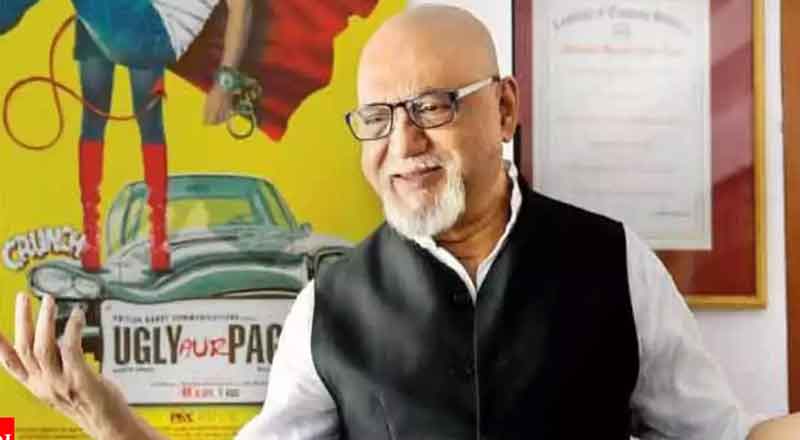My journey through the years has taught me many things about the art of teaching and the challenges it involves, but one thing stands out the most: children are the most amazing audiences to engage with. I have summarized some of my learnings as a teacher below – you may find these useful in your own day-to-day efforts of teaching students –
- Understand that every child is special.Have faith in the intellectual potential of every child. Different students may require different kinds or degrees of inputs and efforts, and they may progress at faster or slower rates compared to others. Regardless of this, have the conviction that every child can excel!
- Avoid labelling children.Classifying a child as strong/weak or fast/slow is detrimental to the child’s overall growth. Have a “growth mindset” – believe that talent can be developed through hard work, better learning strategies and good inputs from others. Inculcate this growth mindset within your students as well.
- Attack the “fixed mindset” wherever you see it.For example, if a parent says that her daughter is “weak at math”, your response should be to advise the parent to avoid such labels and classifications and have faith in the fact that her daughter’s potential can be developed with the right efforts. In this context, I highly recommend the book “Mindset” by Carol Dweck – it will benefit you immensely in your role as a math educator and show you the transformation a growth mindset can bring about.
- Take ownership of the intellectual development of your students.Be invested personally, even more than their parents! Do your best to push them beyond their present limits. This way, you are impacting the future more powerfully than you can imagine.
- Invest in your own upskilling.When I started out as a teacher, I would continuously work on my math proficiency as well as my teaching skills. I would try and understand strategies to teach concepts that were particularly difficult for students. This effort paid off in the long run, and helped me become a better teacher. For you, I would recommend spending, to begin with, an hour a week on such initiatives. We are also creating some course material that will be useful for CTPs in this context.





